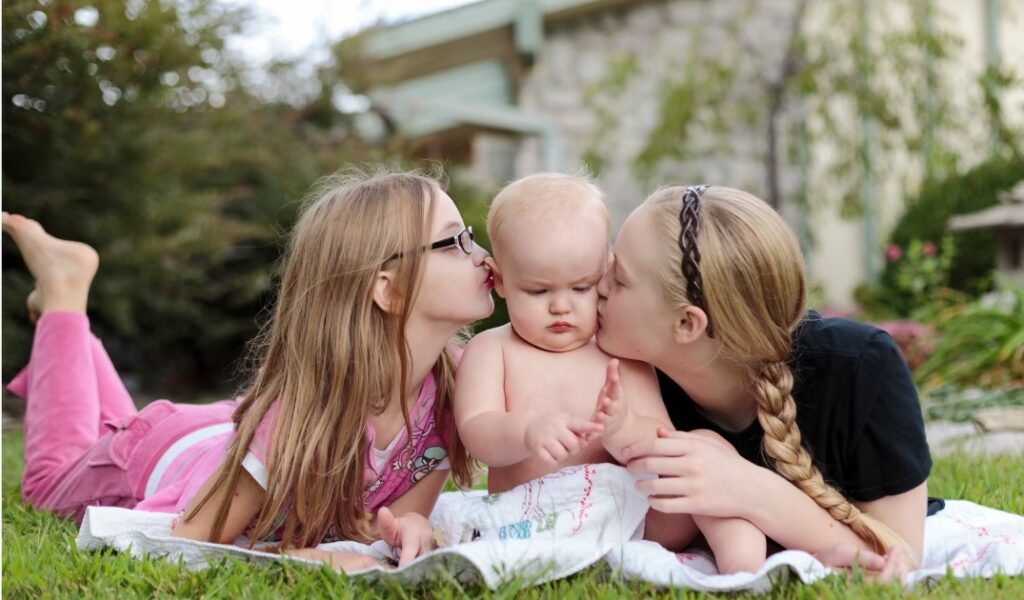When I was growing up in the 80’s, we were more concerned about the height of our bangs than emotional IQ. Through the past 15 years, that term has become common knowledge and the emphasis of many parenting philosophies. In my own personal journey of motherhood, I didn’t really give it much thought until my children all reached new emotional development levels simultaneously… I found myself parenting a teen, a tween, and a toddler in the same couple years. Emotions were HIGH and communication about emotions was low. I am pretty sure I made my 12 year old at the time cry everyday. I was LOST in how to not make her cry and she felt LOST in understanding why she was crying and how to move through it. I needed help! I needed to dive in and learn some things I had previously dismissed.

A dear friend of mine, who is also a licensed social worker, was offering a class called “Teen Territory Workshop.” It was most helpful. In her class, she taught three truths about emotions. They were so helpful for us. I will share them with you here in hopes that they help you as well. I have added a fourth that I believe about emotions as well and serves as an anchor to the other 3.
The 4 Truths about Emotions
- Emotions are a-moral, they are not good or bad. It is easy to assign moral value to our feelings which I believe almost always leads to shame that we should feel different. If you can embrace that they are not good or bad, they just are, you can avoid much shame and unnecessary self-judgment. As a parent, I was also able to see my child’s emotions more clearly without assigning moral value or thinking, “you shouldn’t feel this way or that way.”
- Emotions come in different sizes. Some feelings are BIG and some are teeny tiny. We can’t predict them but it is good to be able to have language to differentiate between the big ones and the small ones.
- Emotions are temporary. How you feel about it right now will change by the morning. They come and go like waves. They might be big now and small later.
- Emotions don’t define what’s true. For example, I believe my husband loves me. He has said that and committed to that. I might not always FEEL like he loves me when he forgets something important to me or is stressed and becomes short with me. If I trusted my feelings to determine his love for me, it would be a crazy roller coaster and not allow him to ever make a mistake! What’s true is that he loves me, he is for me, he has chosen to live out his days with me. Regardless of how I feel, I can trust that is true.
The fourth one requires a core conviction that there is absolute Truth that can be pursued and defined. That is the worldview I have and so it is an important addition to the other 3. It anchors Truth as the driver instead of emotions. It comforts me to know that no matter how I feel, there are certain things that will never change. Like the love of Jesus shown through his sacrifice for my sins. I haven’t’ always had a strong emotion about that love, sometimes I have felt like it was absent, but that’s not true and having that anchor helps me work through my emotions and direct my choices.
In applying these to your children, I began teaching my son about these around age 10. Here are some things I have learned about helping teach these to him.
- Don’t give the lesson in the middle of a BIG emotion. Proactively choose a time to discuss them when emotions aren’t peaked.
- After a big feeling moment… and I repeat AFTER…. Review what you had previously taught with the example of that experience. Your child will most likely be able to better understand the concepts in context.
- When they become more familiar with the terminology, you can use the language in an emotionally driven moment to help them communicate about how they feel in that moment.
Hopefully, these 4 truths about emotions can help equip you with your kiddo and maybe even help you with your own emotions!
